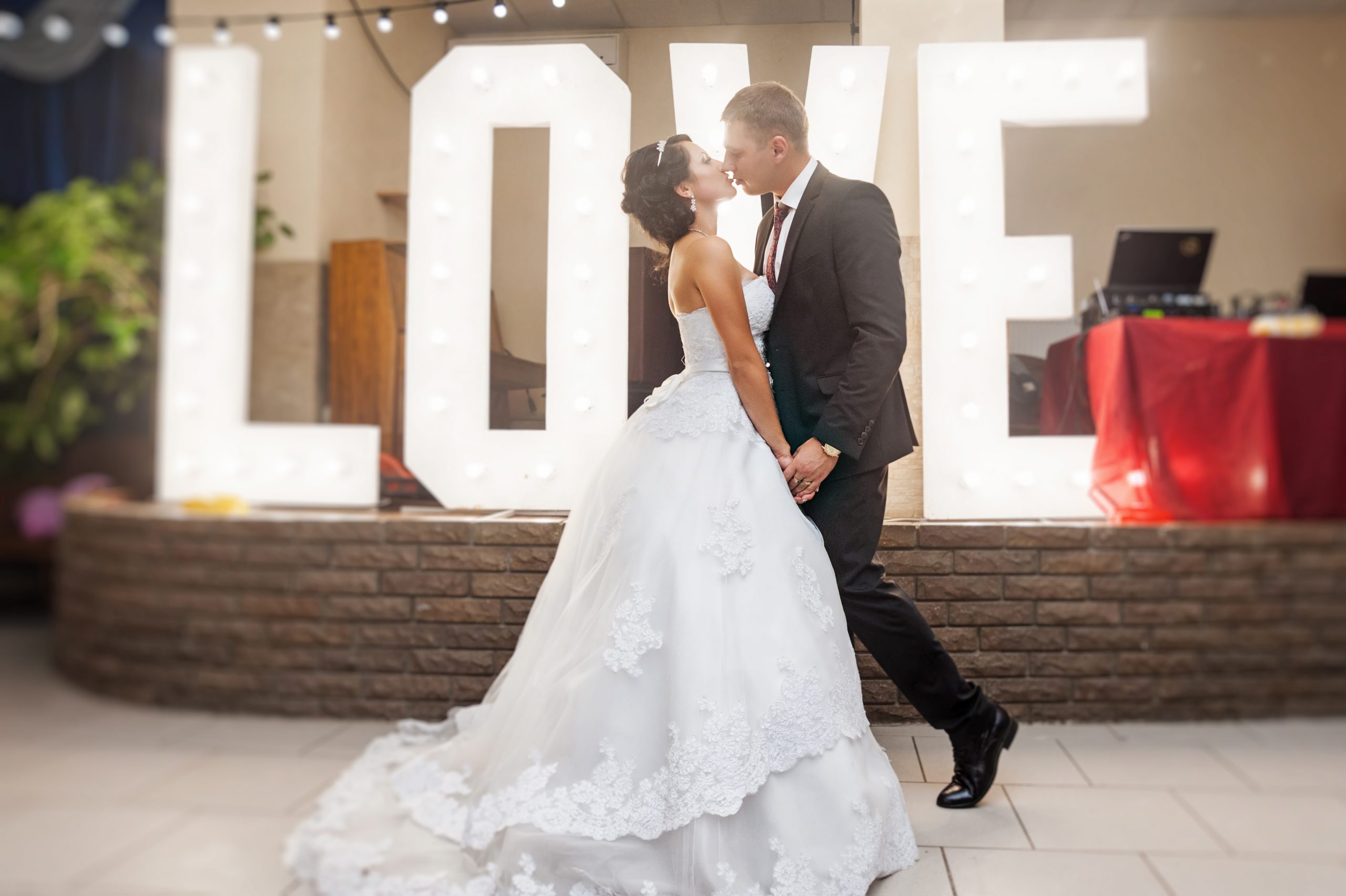Wedding Ceremony Music
While the wedding reception is a celebration and you expect a certain kind of music that your guests will enjoy dancing to, choosing your wedding ceremony music can be considered a very important but difficult decision for the bride and groom.
Times have changed and fewer weddings are taking place in traditional church venues, meaning that organ music isn’t a realistic option for most couples anymore. Some venues may have grand pianos, but most will expect you to make your own wedding ceremony music arrangements. They may provide a list of recommended vendors, or your wedding planner will give you several options.
For the most part, you’ll need to choose between one of the following three options:
Wedding DJ
Using a DJ isn’t just for wedding receptions anymore. Gone is the image of the chatting, goofball DJ spinning tunes while he talks your guests through the “Electric Slide.” Now music professionals with highly technical sound systems are the ones playing disc jockey at wedding ceremonies and receptions. If your wedding ceremony and reception are at the same location, using the same DJ will probably save you money because you’re not paying two completely different kinds of music by different people. And, if you’re married (pun intended) to having a complicated traditional song, usually performed by a large instrumental group or an organ, in some more remote locations, the DJ may be your only option for hearing recognizable versions of your wedding songs.
Instrumental Soloists
A single violin, harp, piano, guitar, or ukulele is more than enough music for a romantic wedding ceremony. As long as the venue isn’t too large, you can probably have acoustic music without any electronic enhancement. If the wedding hall is enormous or outdoors someplace that can be windy, you may want to make arrangements for additional audio support so that the music can be heard by all of the wedding guests. A trumpet solo of a well-known wedding entrance march performed by a very skilled musician is simple and classic and truly attention-grabbing.
Music ensembles
They come in many varieties, from a string quartet to duets between a piano and flute, or any other number of instrumental combinations. It’s not a good idea to ask two professionals who don’t usually perform together to collaborate unless you want to pay for a lot of rehearsal time — you’re much better off finding an established group with good references from other brides and grooms.
Occasionally, brides and grooms have very talented friends who will offer to sing a special song at the wedding ceremony. Unless they also play their own musical instrument, make sure that you arrange for a practice session with the musicians you’ve hired ahead of the actual ceremony. It’s important to make sure that everyone is in the same key, and following the same cues.
Elevated Event Design
Email: info@elevatedeventdesign.com


0 Comments